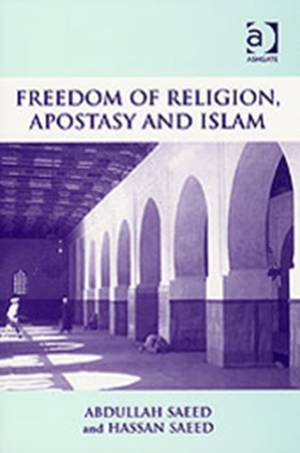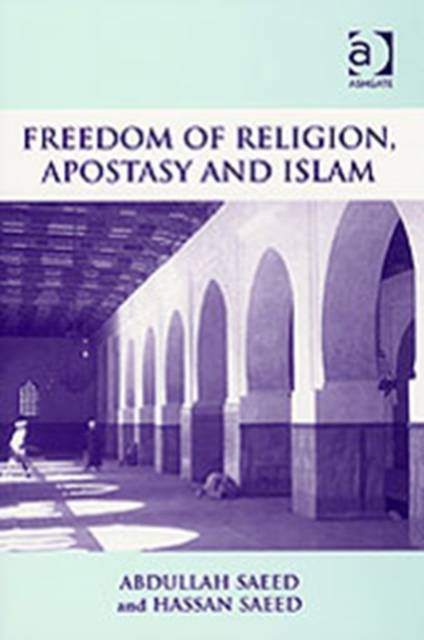
- Afhalen na 1 uur in een winkel met voorraad
- Gratis thuislevering in België vanaf € 30
- Ruim aanbod met 7 miljoen producten
- Afhalen na 1 uur in een winkel met voorraad
- Gratis thuislevering in België vanaf € 30
- Ruim aanbod met 7 miljoen producten
Zoeken
€ 343,45
+ 686 punten
Uitvoering
Omschrijving
Debate on freedom of religion as a human right takes place not only in the Western world but also in Muslim communities throughout the world. For Muslims concerned for this freedom, one of the major difficulties is the 'punishment for apostasy' - death for those who desert Islam. This book argues that the law of apostasy and its punishment by death in Islamic law are untenable in the modern period. The law of apostasy conflicts with a variety of foundation texts of Islam and with the current ethos of human rights, in particular the freedom to choose one's religion. In examining the significant challenges the punishment of apostasy faces in the modern period inside and outside Muslim communities - exploring in particular how the issue is dealt with in a multi-religious Muslim majority country, Malaysia - the authors discuss arguments by prominent Muslims today for an absolute freedom of religion and for discarding the death penalty for apostasy.
Specificaties
Betrokkenen
- Auteur(s):
- Uitgeverij:
Inhoud
- Aantal bladzijden:
- 240
- Taal:
- Engels
Eigenschappen
- Productcode (EAN):
- 9780754630821
- Verschijningsdatum:
- 28/04/2004
- Uitvoering:
- Hardcover
- Formaat:
- Genaaid
- Afmetingen:
- 156 mm x 234 mm
- Gewicht:
- 512 g

Alleen bij Standaard Boekhandel
+ 686 punten op je klantenkaart van Standaard Boekhandel
Beoordelingen
We publiceren alleen reviews die voldoen aan de voorwaarden voor reviews. Bekijk onze voorwaarden voor reviews.







